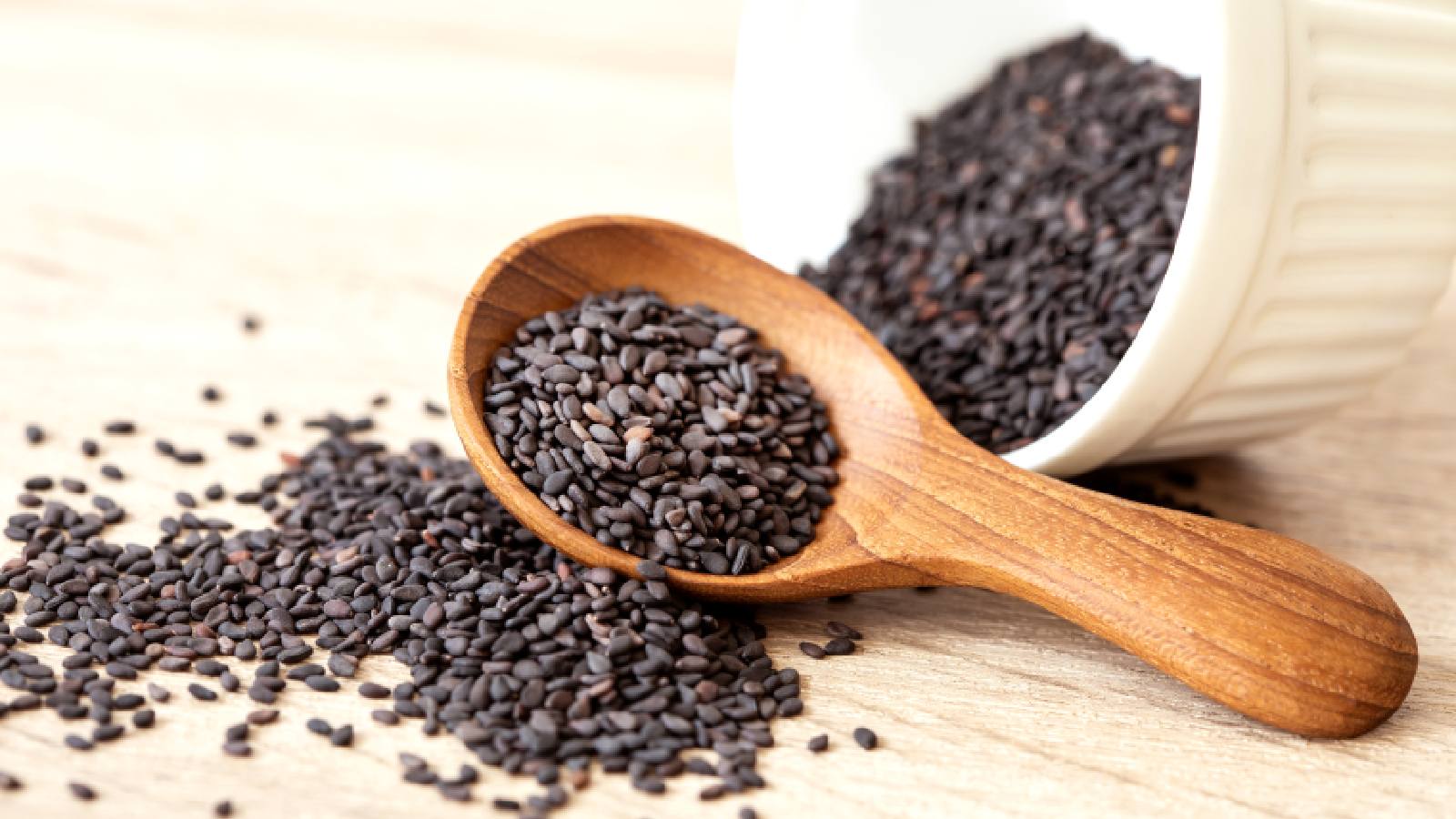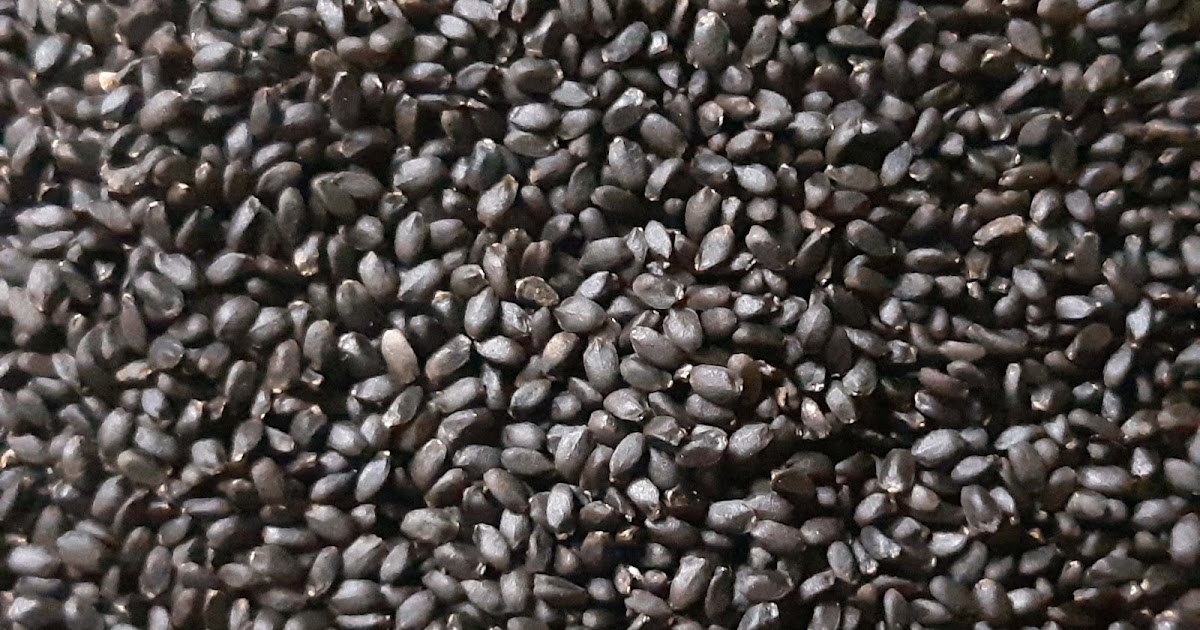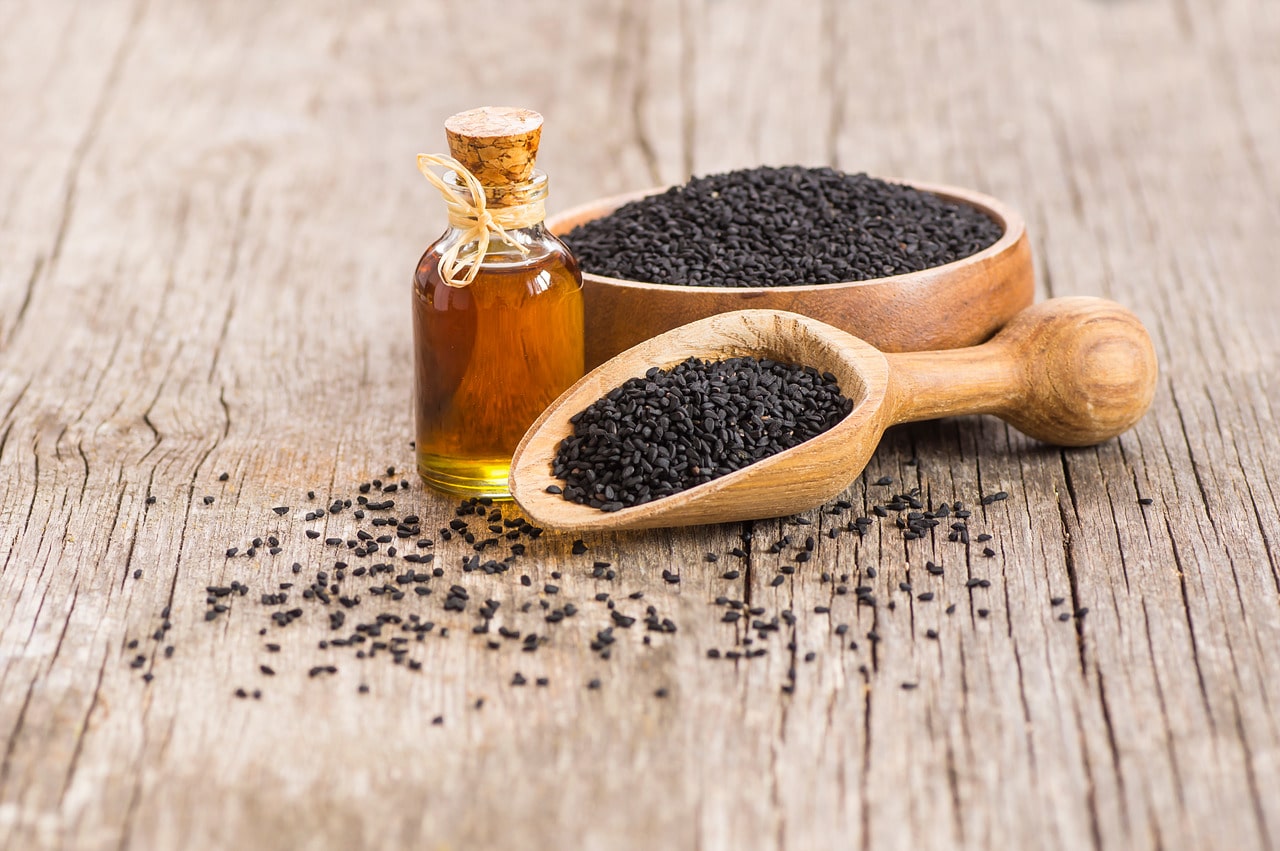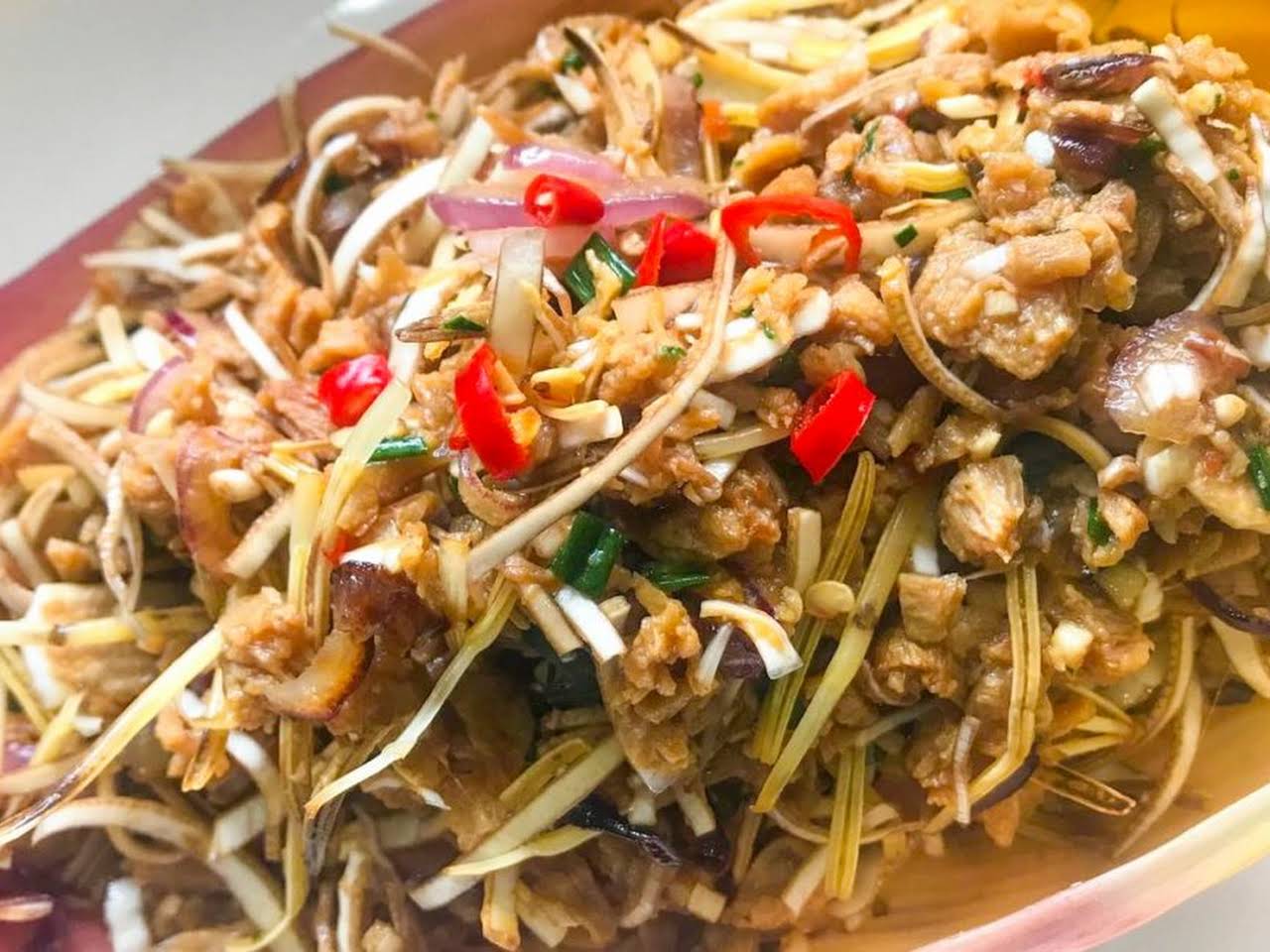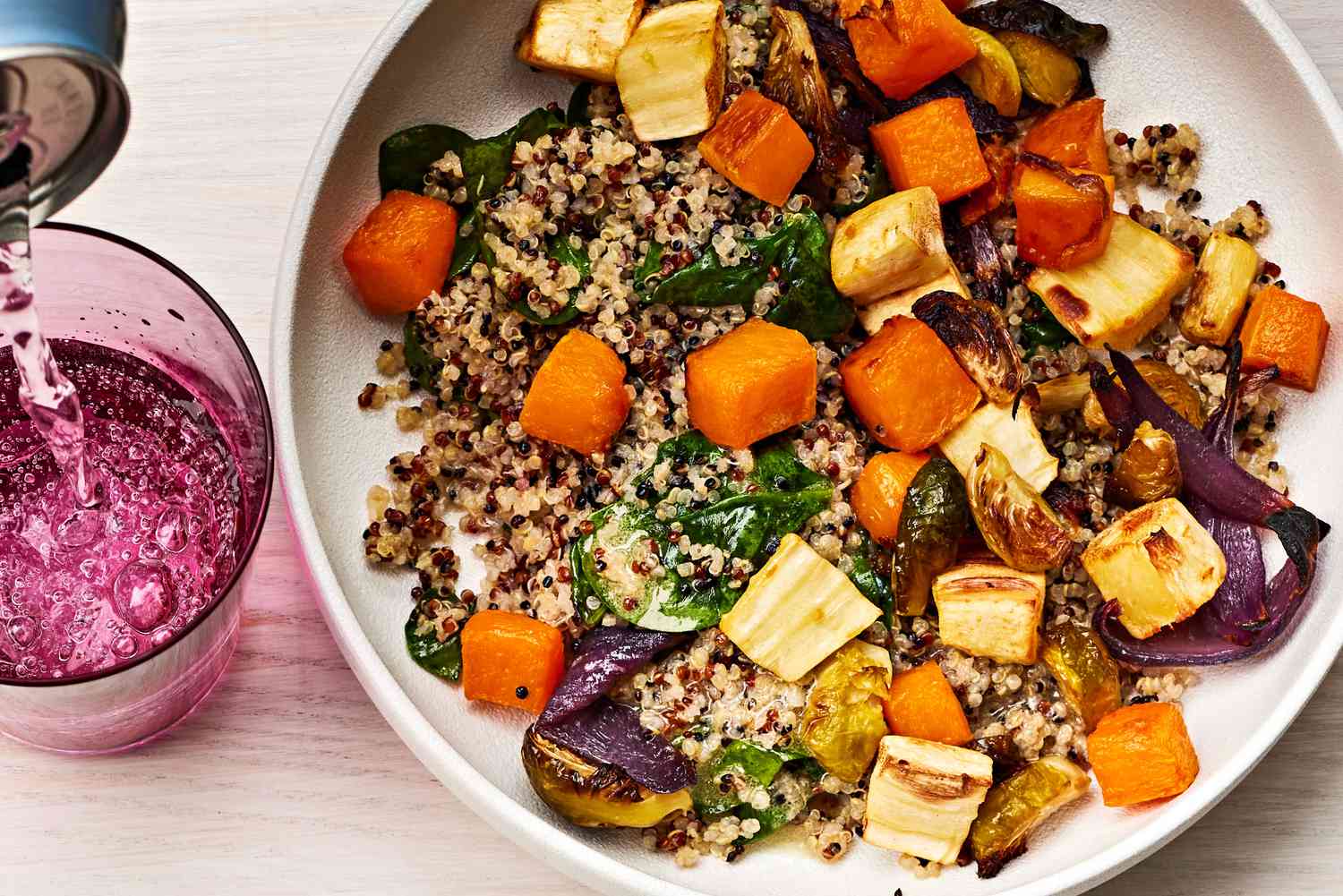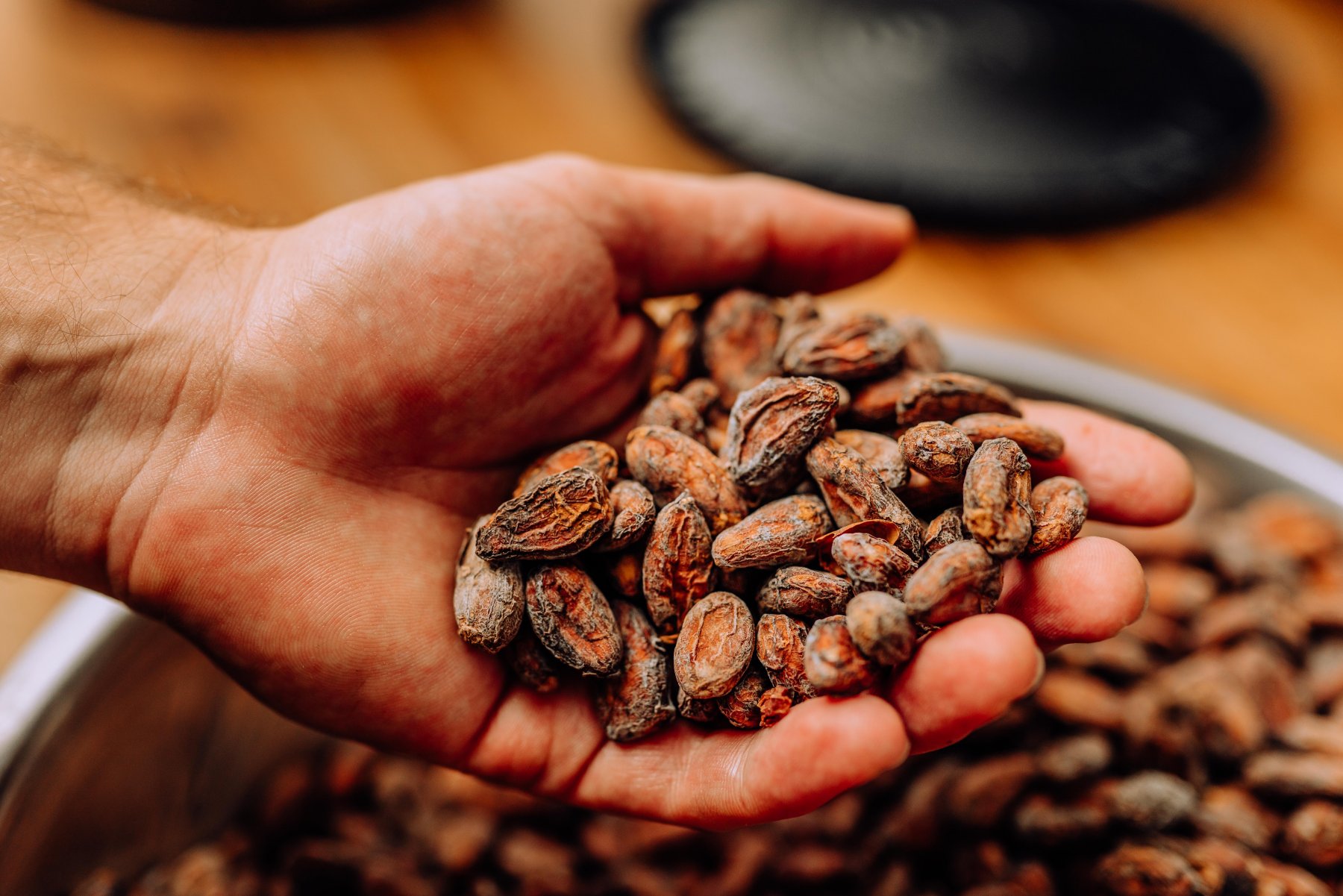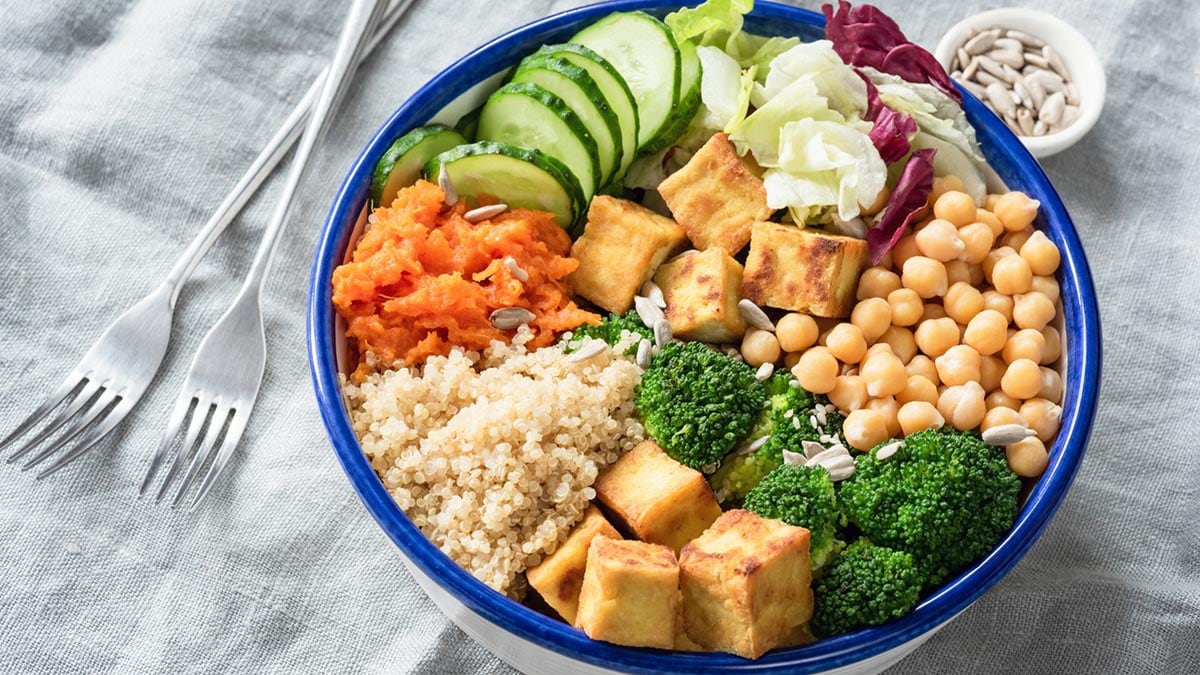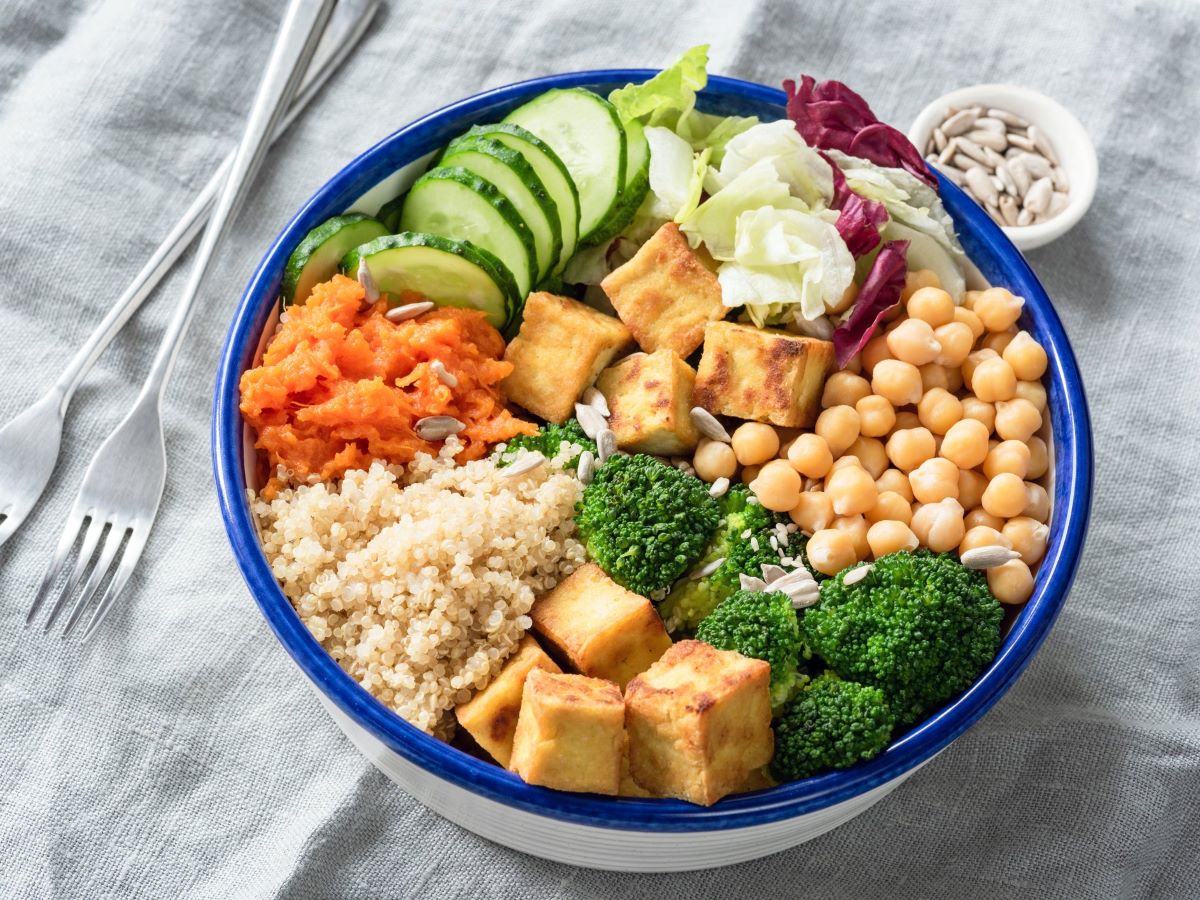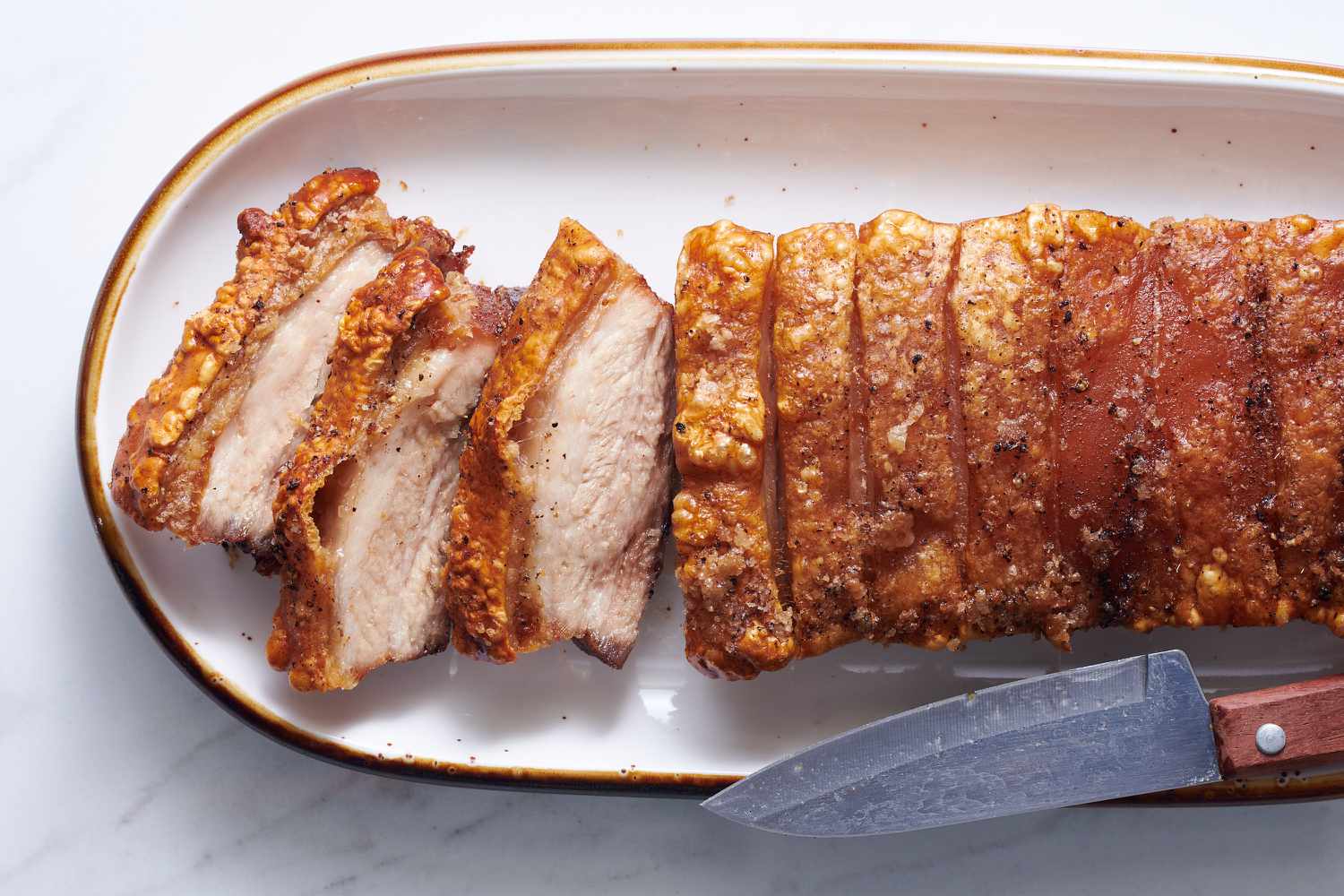Why You Should Incorporate Black Seeds into Your Daily Diet
Black seeds, also known as Nigella sativa, have been used for centuries for their medicinal and culinary properties. These tiny, black seeds are packed with essential nutrients and offer a wide range of health benefits. Incorporating black seeds into your daily diet can help improve your overall well-being and support a healthy lifestyle.
Ways to Include Black Seeds in Your Daily Diet
There are several simple and delicious ways to incorporate black seeds into your daily diet. Here are some ideas to help you make the most of these nutritious seeds:
- Black Seed Oil: One of the most popular ways to consume black seeds is in the form of oil. You can use black seed oil as a salad dressing, drizzle it over cooked vegetables, or add it to smoothies for an extra nutritional boost.
- Black Seed Tea: Brewing black seed tea is another great way to enjoy the benefits of these seeds. Simply steep black seeds in hot water, strain, and enjoy a warm, soothing cup of black seed tea.
- Black Seed Sprinkles: Sprinkling black seeds on top of yogurt, oatmeal, or cereal is an easy way to add a crunchy texture and nutty flavor to your meals.
- Black Seed Bread: You can also incorporate black seeds into homemade bread or baked goods for a unique and nutritious twist.
Health Benefits of Black Seeds
Adding black seeds to your daily diet can offer a wide range of health benefits, including:
- Immune Support: Black seeds are rich in antioxidants and have immune-boosting properties that can help protect your body from illness and disease.
- Heart Health: The nutrients found in black seeds, such as omega-3 fatty acids and phytosterols, can support heart health and help maintain healthy cholesterol levels.
- Digestive Wellness: Black seeds have been traditionally used to aid digestion and soothe gastrointestinal discomfort.
- Anti-Inflammatory Effects: The active compounds in black seeds have anti-inflammatory properties that can help reduce inflammation in the body.
- Weight Management: Incorporating black seeds into a balanced diet may support weight management and help regulate metabolism.
Precautions and Considerations
While black seeds offer numerous health benefits, it’s important to consume them in moderation and be mindful of any potential allergies or interactions with medications. If you have any underlying health conditions or concerns, it’s best to consult with a healthcare professional before adding black seeds to your daily diet.
In Conclusion
Black seeds are a versatile and nutrient-dense addition to any diet. By incorporating black seeds into your daily meals, you can enjoy their unique flavor and reap the many health benefits they have to offer. Whether you choose to use black seed oil, sprinkle the seeds on your favorite dishes, or brew them into a soothing tea, there are plenty of delicious ways to make black seeds a part of your daily routine.
Creative Recipes Using Black Seeds: Enhance Your Daily Diet
For those looking to integrate black seeds into their daily meal routine, the above recipes provide a delightful array of options. Testing out the Black Seed Oil Vinaigrette Salad can be a refreshing start, ideal for a light lunch or as a side dish. Another highly recommended try is the Black Seed and Walnut Brownies, which offer a unique twist on a beloved classic, infusing rich chocolatey treats with the health benefits of black seeds. Both of these recipes stand out not only for their health benefits but also for their ability to introduce black seeds into your diet in a very palatable and enjoyable way.
